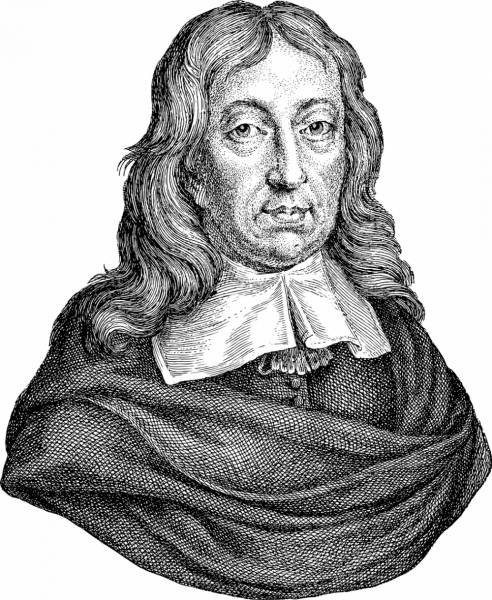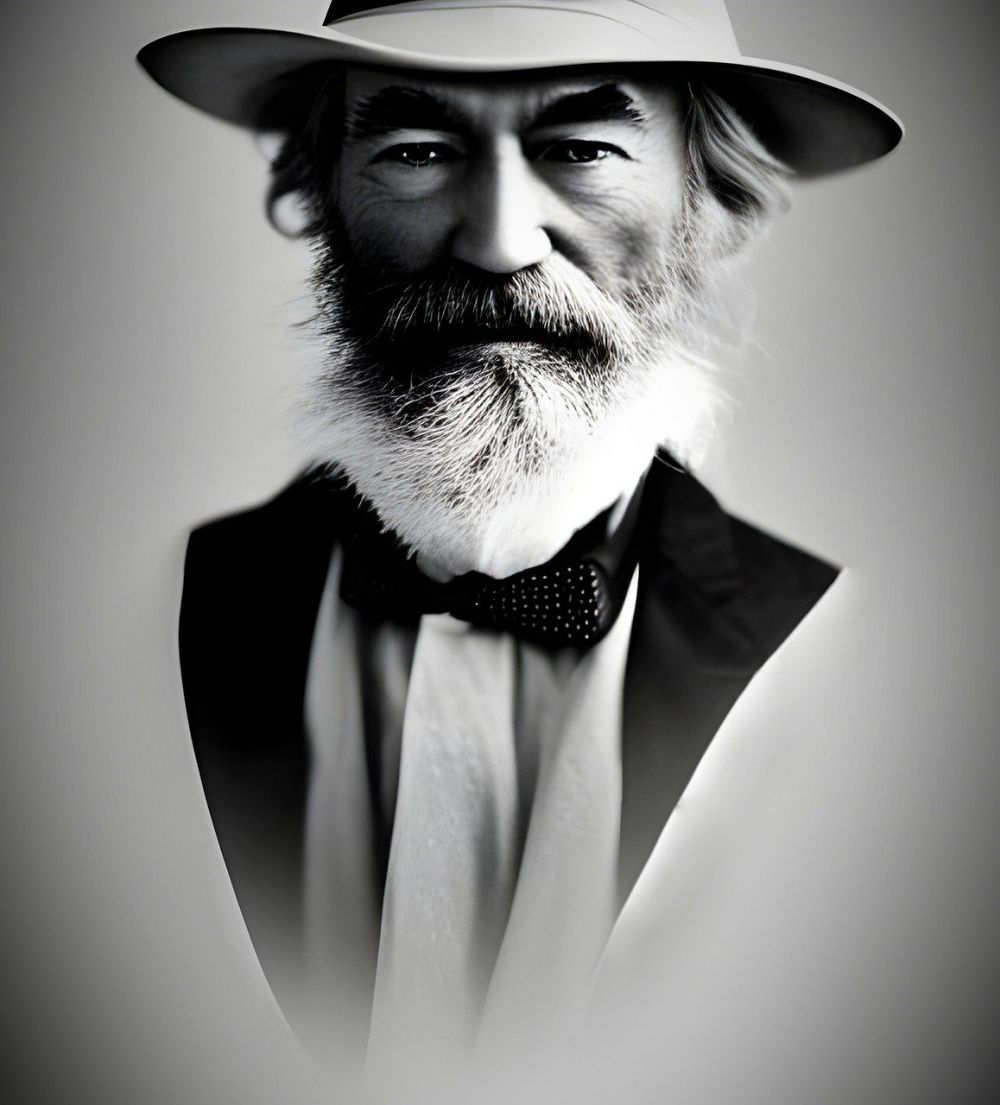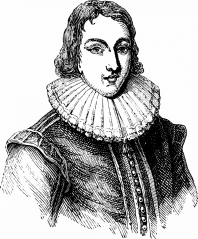Ernest Hemingway: A Literary Icon and His Timeless Legacy

Introduction to Ernest Hemingway
Ernest Hemingway was an American novelist and short-story writer, born on July 21, 1899, in Oak Park, Illinois. Renowned for his concise yet powerful writing style, Hemingway is considered one of the greatest modernist writers of the 20th century. His works often explore themes of war, masculinity, and the human condition, captivating readers with their raw emotional intensity. Hemingway’s impact on the literary world is immeasurable, and his works continue to resonate with audiences today.
The Evolution of Ernest Hemingway

Ernest Hemingway’s literary journey began during his time as a young journalist in the 1920s. Inspired by his experiences as an ambulance driver during World War I and his time living in Paris, Hemingway developed his distinctive writing style characterized by short, simple sentences and straightforward language. His debut novel, “The Sun Also Rises,” published in 1926, marked the beginning of his career as a renowned novelist.
Throughout the 1930s, Hemingway explored various themes in his novels and short stories. “A Farewell to Arms” (1929) delves into the futility and horrors of war, drawing upon his own experiences as an ambulance driver. “For Whom the Bell Tolls” (1940) portrays the Spanish Civil War and highlights the struggle between individualism and one’s duty to society.
Hemingway’s War Experiences and Their Influence
Ernest Hemingway’s deep connection to war shaped his writing and fueled his passion for capturing the essence of human conflicts. His firsthand experiences during both World War I and the Spanish Civil War provided him with a unique perspective on the human condition.
Hemingway’s time as an ambulance driver during World War I exposed him to the brutality and devastation of war, sparking a lifelong fascination with the subject. In his novels, he sought to convey the intense emotions and challenges faced by soldiers and civilians alike. The impact of war on the individual and society remained a recurring theme throughout Hemingway’s body of work.
Hemingway’s Writing Style
One of Hemingway’s most distinctive qualities as a writer was his minimalist and economical writing style. He believed in the power of simplicity and brevity, favoring concise sentences and omitting unnecessary details. This stripped-down prose became known as the “Iceberg Theory” or “Theory of Omission,” as it presented only a fraction of the story while inviting readers to fill in the gaps.
Hemingway’s writing style often focuses on physical detail, capturing the visceral experiences and sensory impressions of his characters. By using understatement and precise language, he created a sense of immediacy and allowed readers to immerse themselves in the narrative.
Hemingway’s Literary Achievements and Legacy
Ernest Hemingway’s contributions to literature have left an indelible mark on the literary world. He won the Pulitzer Prize for Fiction in 1953 for his novella “The Old Man and the Sea” and was awarded the Nobel Prize in Literature in 1954 for his overall impact on the literary landscape.
Hemingway’s works continue to be widely celebrated, studied, and adapted into various forms of media. From film adaptations like “The Sun Also Rises” and “For Whom the Bell Tolls” to contemporary literary analyses of his oeuvre, Hemingway’s legacy endures.
Conclusion
Ernest Hemingway stands as a literary icon, revered for his profound influence on the modernist movement and his unique writing style. His exploration of war, masculinity, and the human condition resonated with readers then and continues to captivate audiences today. Hemingway’s legacy as a master storyteller will forever endure, cementing his place in literary history.
By delving into the depths of Hemingway’s life, works, and impact, we gain a deeper understanding of this literary titan and his enduring legacy. From his early experiences as an ambulance driver to his unparalleled writing style, Hemingway’s works showcase the power of storytelling and the resilience of the human spirit. As we delve into his works and explore their timeless themes, we are reminded of the transcendent nature of art and its ability to transcend time and captivate generations to come.
FAQ
What influenced Ernest Hemingways writing style?
What is Ernest Hemingway known for?
What is Hemingways legacy in literature?
Flere Nyheder
Fotograf Aalborg: Fang dine øjeblikke med en professionel fotograf
Introduction to Ernest Hemingway Ernest Hemingway was an American novelist and short-story writer, born on July 21, 1899, in Oak Park, Illinois. Renowned for his concise yet powerful writing style, Hemingway is considered one of the greatest modernis...
01 april 2025
Kunstgallerier i Nordjylland: Skattejagt for kunstentusiaster
Introduction to Ernest Hemingway Ernest Hemingway was an American novelist and short-story writer, born on July 21, 1899, in Oak Park, Illinois. Renowned for his concise yet powerful writing style, Hemingway is considered one of the greatest modernis...
12 marts 2024
En nostalgisk rejse til fortiden med retroplakater
Introduction to Ernest Hemingway Ernest Hemingway was an American novelist and short-story writer, born on July 21, 1899, in Oak Park, Illinois. Renowned for his concise yet powerful writing style, Hemingway is considered one of the greatest modernis...
22 januar 2024
Klaus Rifbjerg: En Litterær Mester – Dykkende Ind i Værkerne og deres Historie
Introduction to Ernest Hemingway Ernest Hemingway was an American novelist and short-story writer, born on July 21, 1899, in Oak Park, Illinois. Renowned for his concise yet powerful writing style, Hemingway is considered one of the greatest modernis...
18 januar 2024











